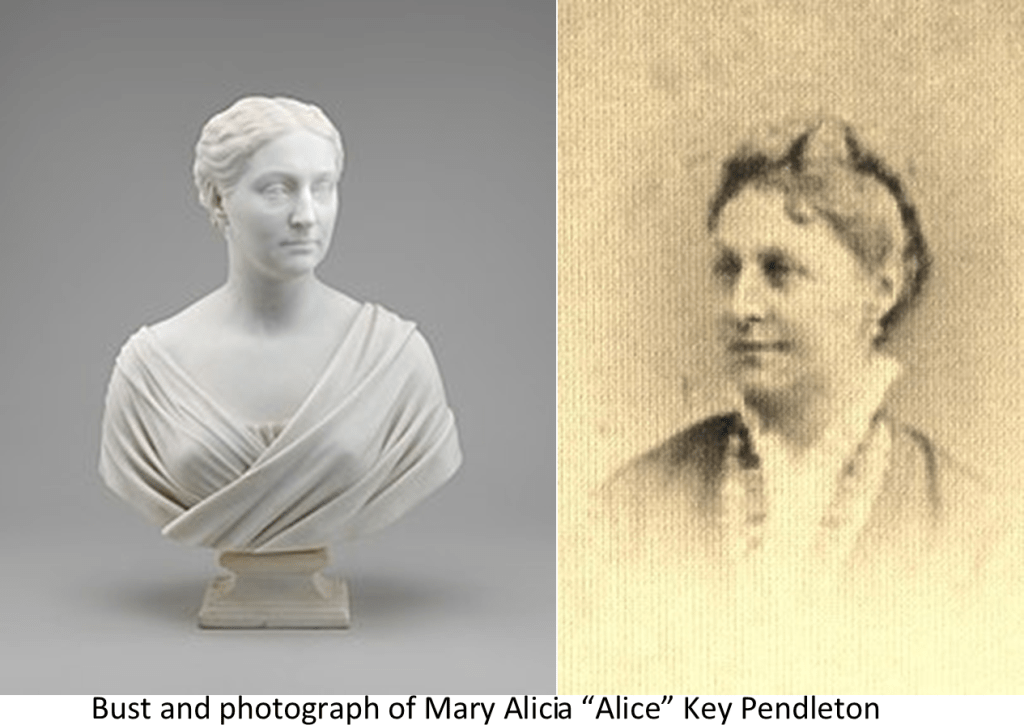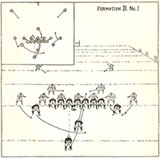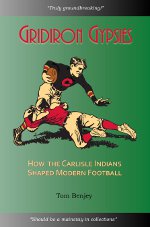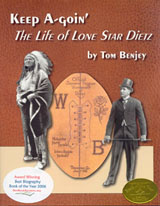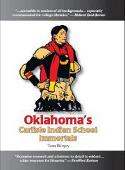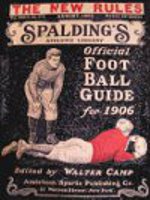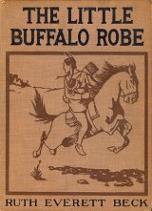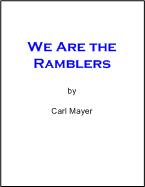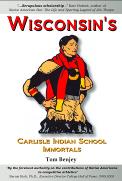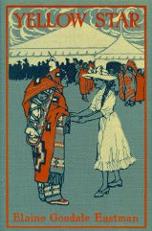
Seeing Dragonseed on television earlier this week jolted me back to high school English class with Junia Smart. In her early sixties and having a physique similar to The Little King cartoon character, in our estimation, she was ancient. Whenever she wanted us to do something quickly she’d say, “Chop, chop.” She was said to have been born and grew up in China as a daughter of missionaries and a personal friend of Pearl S. Buck. She gave extra credit for book reports on Buck’s books but submitting one came with risks. You actually had to have read the book.
Dragonseed brought to mind her reactions to an airplane that frequently flew over. The high school was about a half mile from the local airport. Whenever the pilot who kept his P-51 Mustang there took off he was still at a low altitude when he roared over the school with the Rolls-Royce Merlin engine whining. It passed just above Mrs. Smart’s room on the second floor. A look of terror came across her face and she looked as if she was going to crawl under her desk. Sensitive teenage boys in the class responded by whistling to simulate the sound bombs made falling. I didn’t do it because I never learned how to whistle.
Having research tools available and with no pressing deadlines to meet, seeing Dragonseed brought Mrs. Smart to mind and I did a little research. What I found was that she was born Junia Graves White in 1903 to Presbyterian missionaries in China. The family would return to the U.S. every several years on furlough. She graduated from a Presbyterian girls school in North Carolina, Flora MacDonald College, with an A.B. degree in 1928. She and her sister Sarah were in the Sister Club and the Minister’s Daughter’s Club. Junia was also on the “championship” hockey team and President of Epsilon Chi Literary Society.
After working briefly as a social worker and teacher, she returned to China. There, she met a minister five years her junior named Arthur J. Dieffenbacher and married him in 1938. In 1940 with Japan waging war on China, Junia’s father died and the Dieffenbachers returned to the U.S. A rumor at school claimed she had seen Japanese soldiers murder her father but I have been unable to confirm that. Regardless, Junia surely had some horrifying experiences. Then alone, her mother joined her daughter in Pennsylvania.
The next year, Junia’s only child, Sarah Junia Dieffenbacher, was born. Rev. Dieffenbacher preached in Cincinnati until he joined the army as a chaplain in 1943. He was killed in battle in August 1944 in France, leaving Junia with a small child and elderly mother to care for. Her mother died the next year.
By 1947 the war widow had relocated to Alton, IL where she gave talks about China. She probably moved to take a teaching job because she was teaching English at East Junior High in 1948.
In 1950 she married Rexford Smart and relocated to Ontario to work his dairy farm. That apparently didn’t work out because they returned the next year and he took a job s a custodian.
In 1953 she took a position teaching English at Civic Memorial High School in nearby Bethalto, IL. There, she sponsored the school newspaper and coached the public speaking team with Miss Rainey, the English and Latin teacher who hadn’t changed her hair style since WWI and whom students claimed had helped Caesar put chains on his chariot in the winter.
Her daughter Sarah married in 1965 and lived in Stilwell, OK where she taught English at the public high school. Junia relocated there by 1968 and resided there the rest of her life. Rexford died in 1980 and she died ten years later at 87 years of age.
